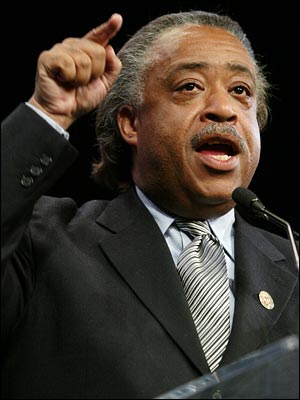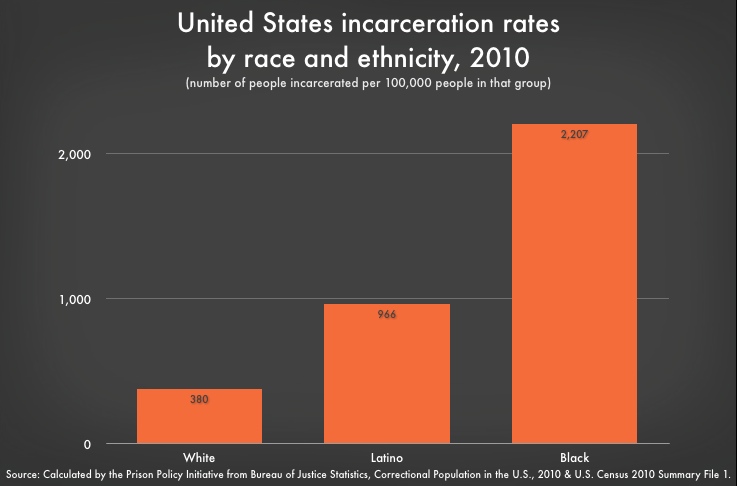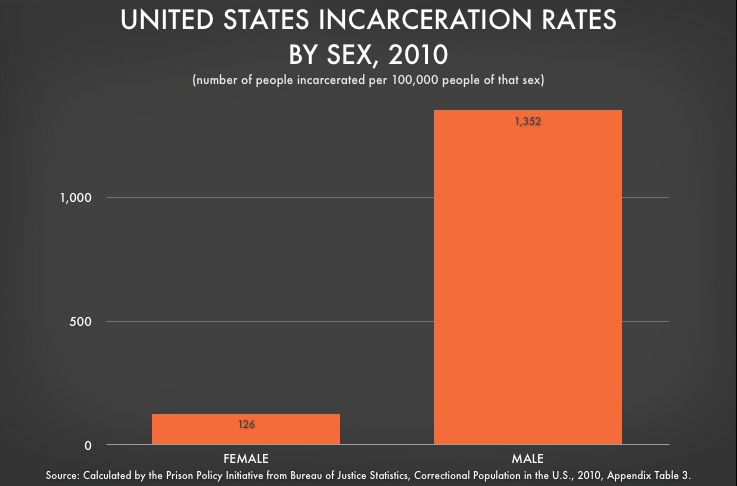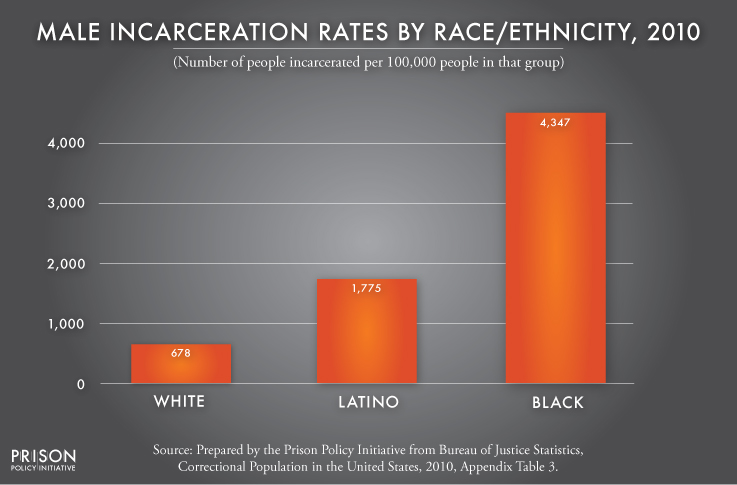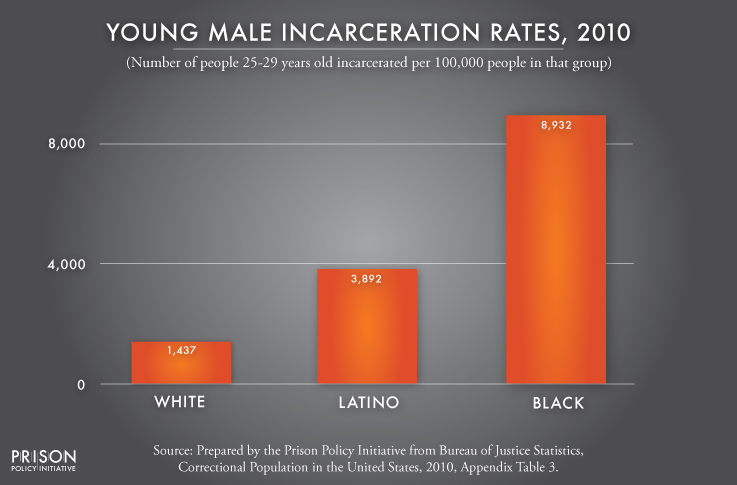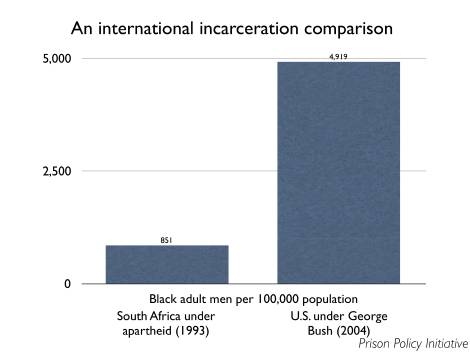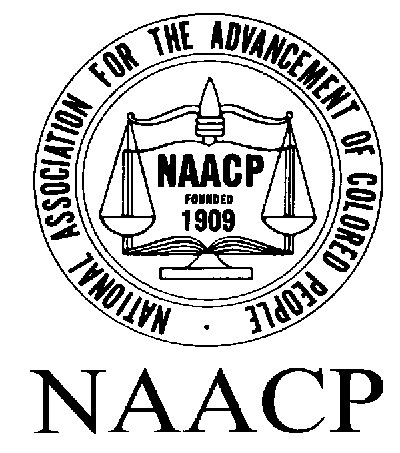
From Dr. Boyce Watkins, Syracuse University
In light of the article I wrote challenging the partnership between the NAACP and Wells Fargo, the company accused of predatory lending in the Black community (click here to read the article), I thought I'd publicly share the NAACP lending principles that were sent to me by one of the NAACP spokes people. In spite of the fact that I am not accusing the NAACP of illegal or unethical behavior, I still hold to the fact that the following must be true in order for me to become comfortable with this partnership:
1) There should be public accountability and transparency regarding the nature of the deal between the NAACP and Wells Fargo. That includes the amount of the sponsorship and all WRITTEN contractual commitments between the NAACP and Wells Fargo. Only specific terms in writing are relevant and can be properly enforced.
2) Simply agreeing to stop predatory lending is not enough, since there must be compensation given to the African-American community for tens of billions of dollars in lost wealth due to the racially discriminatory practices of Wells Fargo. If a senior citizen on the South Side of Chicago who lost her home is not given relief from her situation, then this partnership does very little for our community. A person cannot simply apologize for a crime and refuse to commit the crime again; there must be an effort to make right on the crimes that have been committed in the past.
The NAACP Banking Principles on Fairness in Lending are Below:
Mortgage foreclosures, excessive subprime mortgage interest rates, and hindered access to prime mortgage loans have had an inordinate impact on people of color and other historically disadvantaged borrowers. These practices have resulted in adverse effects even beyond the actual borrowers themselves. Home values have been depressed as a result of these practices, and in general people of color and their families have become increasingly vulnerable to loss of shelter, home security, equity, and wealth—even if they do not have subprime loans. To encourage transparency and fairness in the processes associated with obtaining quality loans and improved relationships between financial institutions and people of color and other historically disadvantaged borrowers, the NAACP has developed the following principles.
1. Loan terms will not be determined by a borrower’s race, ethnicity, gender, national origin, sexual orientation, language preference, disability, religion/creed, or age, except as otherwise permitted or required by law. Additionally, loan terms will not be determined by factors designed to serve as proxies (e.g., zip codes) for the above categories. Loan terms will not be determined by subjective underwriting without controls to prevent inappropriate bias or discrimination. Similarly situated borrowers (i.e., borrowers with similar underwriting characteristics, including credit scores, debt ratios, loan-to-value ratios, etc.) will receive comparable loan terms on identical or comparable loan products.
2. Every borrower will have the option of selecting a loan product that is appropriate for his or her circumstances. Borrowers will first be presented with loan product choices that are consistent with their financial circumstances. Lenders will determine whether borrowers are eligible for prime loan products and, if so, the borrowers will be presented with prime product options. Additionally, information will be provided to the borrowers about available conventional and Federal Housing Administration (FHA) loan products in order for the borrowers to fully understand their options. Borrowers with good payment histories and demonstrated improvement in credit performance and other risk factors will be considered by their existing lenders for loan refinancing that result in improved loan terms.
3. Institutions will seek to eliminate policies or practices that encourage biased and exploitive behaviors toward borrowers. Lending institutions will disclose in good faith the loan fees associated with each loan and will conduct periodic audits of files, policies, and practices to ensure an environment—in lending, credit, and payment options—that is free of bias toward borrowers. Additionally, lenders who sell loans on the secondary market to third parties will also observe these fairness principles and will refrain from charging usurious interest rates.
4. Borrowers will be approved only for loans they have a current ability to repay. Borrowers will receive loans that they demonstrate the ability to repay, even in the event of a rate increase. Adjustable rate mortgages (ARMs) and other loans will not be underwritten at the “teaser rate,” but rather at the fully indexed interest rate. Standard adjustable rate loan products will be clearly identified as such to borrowers, so they are fully aware of the terms of the ARM loan products and the possibility of interest rate and payment increases.
5. Each policy may be maintained and monitored for its racial impact. Fairness is measured not only in terms of intent, but also impact. Policies will reflect a demonstrated effort to ameliorate negative outcomes based on race or ethnicity. Each institution will have internal controls to determine overall, and within the subprime community of loans issued by the institution, that its neutral practices do not have an unlawful adverse impact based on grounds of race, sex, color, or ethnicity.
6. All borrowers will have access to free information, online and in print, that will help them understand and improve the quality of their loans. The terms of each loan will be provided to the borrower and explained in plain and simple language. The terms of the loan will be in a large font and easily legible to those who are not severely vision-impaired. If the borrower is fluent in Spanish but not English, the loan disclosures and documents will be translated. In the case of other languages, borrowers without access to loan translation expertise will be referred to phone-based or other translation services that are familiar with loan terms and conditions. All borrowers should be able to clearly understand the terms of their loan products.
7. Lenders will work with borrowers to prevent foreclosures. Loan servicers will consider foreclosure to be the “last resort” and will explore all appropriate alternatives before completing a foreclosure sale. Because these matters impact borrowers, their neighbors, and the institution, we believe it wise for the institution to engage in extended good-faith efforts to do all that it can to prevent foreclosures. Lenders and their affiliates will not operate using a business model intentionally designed to profit from a foreclosure.
8. Lending institutions will support and implement the inclusion of diverse suppliers in their contracting and partnership decisions. Financial institutions will establish aspirational and measurable goals and develop supplier programs that ensure the inclusion of businesses owned by women- and people of color wherever contracting and partnership opportunities present themselves. Goals will be, at the very least, to reflect the various racial, ethnic, and gender compositions of the general population.
9. Workforce diversity is important to fair decision making and expanded opportunity for economic development. From the boardroom to the cubicle, the workforce continuum will reflect the diversity of the nation. As financial institutions establish inclusive business policies, so too will there be a measurable effort to employ a workforce that is reflective of the growing diversity of the nation—at all decision-making levels within the institution.




